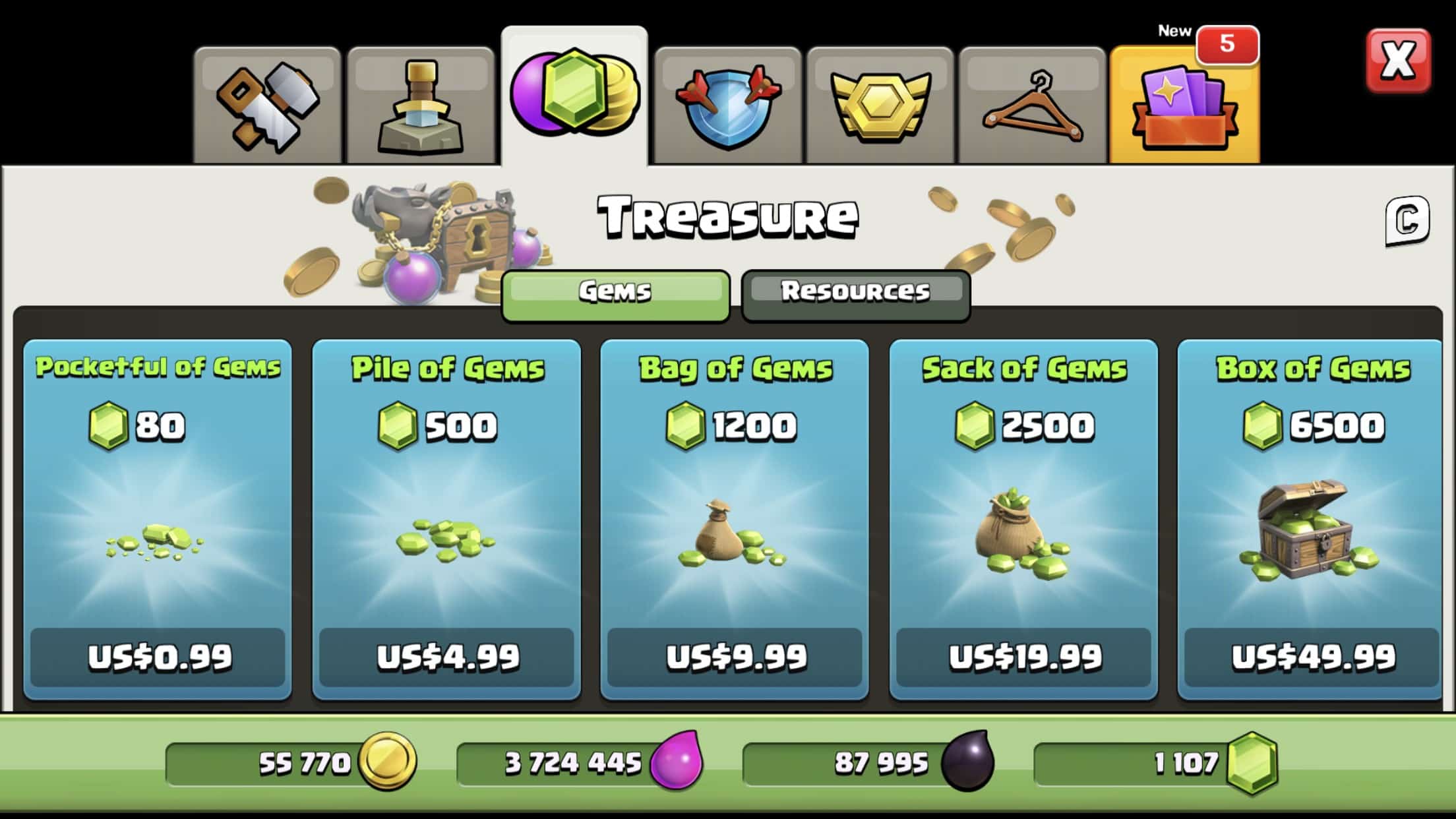Pay-to-win games have become increasingly common in the gaming industry, allowing players to purchase advantages that were once only available through skill and effort. While some argue these games offer an opportunity for faster progress in players and/or provide a source of revenue for developers, others are concerned that they create an uneven playing field and undermine the competitive spirit of gaming.
Unfortunately, many new game developers and studios incorporate microtransactions that shift the game's balance in favor of a player who has paid for an item, giving them an unfair in-game advantage.
This is effectively akin to the cheat code of the yesteryears. Except that, instead of entering a code, you just need to pay for it.
One of the earliest examples of cheat codes is the famous 'Konami Code,' created by the late Kazuhisa Hashimoto. The cheat code was first used in a game called Gradius but later gained worldwide popularity when it was seen in a game called Contra on Nintendo.
The Konami Code has since made its way into several other games as an easter egg. Some popular games containing the Konami Code include BioShock Infinite, Dead by Daylight, Rocket League, Tetris Effect, and Grand Theft Auto: The Trilogy - The Definitive Edition.



